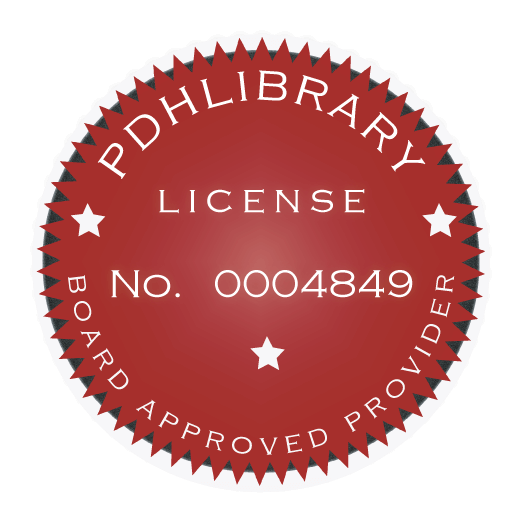This course provides information, instructions, procedures and criteria for the design of gravity sanitary and industrial wastewater collection systems for fixed Army and Air Force installations, and any applicable special projects.
Design objectives.
The design of a gravity wastewater collection system must provide an engineered system of sewers, complete with all appurtenant facilities, sufficient in size, slope and capacity to collect and convey the required wastewater flows to an acceptable point of discharge. The system must be practicable, economically feasible, and must be located to minimize the costs of installation, operation and maintenance. Sewers and appurtenances must be structurally sound, and must protect the environment from pollution caused by leakage at pipe joints or manhole structures. Extraneous flows that hydraulically overload the system and produce flooding at sewer manholes and lift stations must be excluded. Elimination of excessive infiltration and inflow is essential in avoiding increased costs of sewer maintenance, wastewater pumping and treatment. Even more important in this regard is the necessity to maintain design wastewater treatment efficiencies, and thus assure that effluent discharge requirements are met. Contributing waste flows which are harmful to sewer pipe materials and appurtenant structures, toxic to biological and other waste treatment systems, or create fire and explosion hazards, must be identified and evaluated early during predesign, so that suitable materials and/or procedures for their disposal can be included.
Limitations on use.
To protect sewers, pumping stations and treatment facilities from unwanted pollutants and extraneous flows that result in excessive operation and maintenance, fire and explosion hazards, or reduced wastewater treatment efficiencies, limitations must be placed on the use of the sewer system. Wastewaters from fuel loading and dispensing systems, grease and oil from vehicle wash racks, aircraft washing and garage or shop floor drains, must be directed through oil/water separators to prevent such wastes from entering the sewers. Combined sewers will not be permitted, and collection of storm drainage of any kind must be avoided. All types of industrial wastes must be analyzed to determine if any substance is detrimental to sewer pipe materials, waste treatment processes, or creates a safety hazard to personnel. The general guidelines cited in Water Pollution Control Federation (WPCF) Manual of Practice No.3 for identifying wastes not admissible to sewers will be followed closely.

